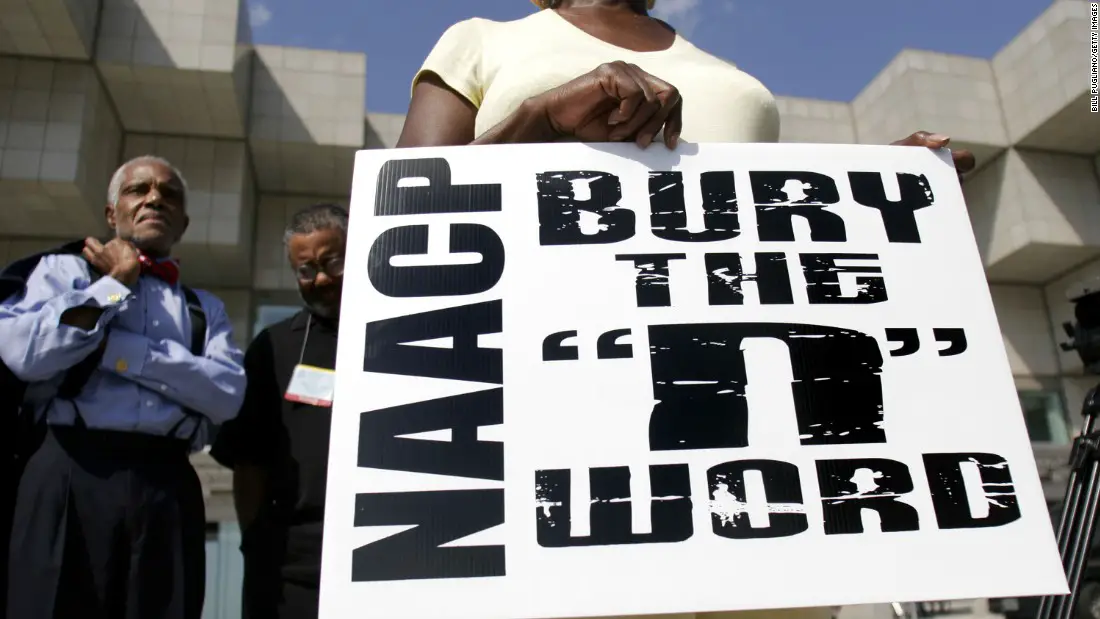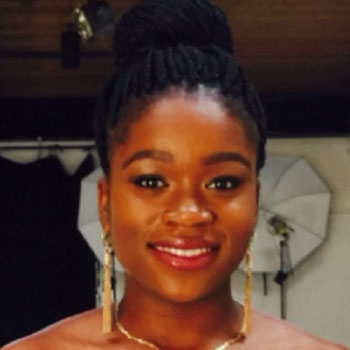If you have ever heard the song “N—a, N—-, N—-” by Gangsta Rap or “My N—-” by YG, then, hopefully, if you are a non-black person, then you most likely don’t utter the word n—a. Maybe one does so in the secrecy and privacy of their own home, but still, any non-black person should not say the word n—-a because the word is one that belongs to the black race, whether blacks want to acknowledge that or not.
Somehow, there is still a need to utter the word n—-a if one is not black. There have been physical fights, political arguments and even sportscaster arguments in America on why the word is allowed for some and not for others, particularly white individuals. This urgency to say n—-a, for mostly white individuals, comes down to power and privilege.
The word n—-a is a popular word among black people, but only black people. There is uproar whenever someone who does not belong to the black race says the word, because the word does not belong to them. “N—-r,” which is different from “n—a,” is a derogatory term that was used to demean, belittle and disenfranchise black people. When slave masters and white people used the word Nigger during slavery, Jim Crow and segregation, it signified ownership and agency over an individual. This is why the term n—a has more respect and regard woven into the term because n—a, for black individuals, means buddy, friend, homie or brother.
The term no longer implies ownership but expresses equality and equity. The term n—a expresses a black person’s acknowledgement of another black person for all the prejudice that they have had to endure. The term further conveys the common knowledge and empathy shared by black people because of the prejudice that they have endured. N—a is the word that sums up that black people “deal with the same oppressive situations.”
If a non-black person yearns to say n—a, then they must be prepared to be treated as one. Black culture is cool and trendy until it isn’t. It’s cool until one has to step out into a protest that might end violently due to police brutality. It’s cool until someone is accused of whistling at a white woman and is then murdered and mutilated.
However, even after all of the above, people are still pressed to say the word for a terrible reason. The question of why white people cannot say n—a is an apparent example of white privilege.
Many white people tend to think that everything in America is open to them, no matter the culture, language, religion or hairstyle, which is why America has people practicing transracialism. The tendency to believe that everything belongs to a certain people, when it does not, means that there is a need to be involved in all conversations and all spaces. In this case, racialized spaces are highlighted. There is privilege in having the majority voice heard and presence recognized in almost every space that exists. However, even with all of the privileged spaces, the majority needs to understand that they are the only ones with “privilege of access to whatever racialized space they want.” Unfortunately, the world is not the same for all walks of life.
Everyday Feminism states: “There is hardly a single context in the United States in which a White person (but particularly White, cisgender men) cannot assert themselves into a space and have their voice heard.” Ta-Nehisi Coates could not explain the urge to say n—a better when he said the longing to say the word is due to the fact that the word is not owned by the white race; meaning that black individuals actually own something.
The privilege to the word was lost as soon as slavery started. And yes, many may be wondering and saying that slavery happened 400 years ago and that white people now are not racist and don’t use the word in a negative way. However, even if slavery was 400 years ago, black individuals are still paying for and experiencing the repercussions of that event in history today — from redlining, to mass incarceration, police brutality, work/housing discrimination and gentrification.
Too often, white individuals state “it’s not like I’m a racist” when they use the term n—a, but the issue is not about whether one may be racist or not. That is beside the point. Black individuals feel disrespected when people of other races use the word, especially white individuals because there is too much history behind the dynamic between white and black people that the term n—a can be disrespectful in any context.
Trying to argue that a non-black person uttered n—a, therefore, they are not racist totally disregards the fact that the black person is asking to be respected and understood. When an excuse is made for the usage of the word n—a, the conversation is suddenly not about the black individual but about the non-black person, which focuses “more on the perceived jab at their character than on how they’re making the black individual feel.” Intention and intent are not synonymous.
For a black person, it is very tiring to have to explain why using n—a is not a double standard, where the word originates and why it is only to be used by black individuals. Many may read this and disregard the message and remain incredulous, but at least think about it. To say that “one syllable five letter word” is to take on the life of a black individual and not acknowledge racism and the ailment of America. The word is more than just a rap phrase; it is a way for the black community to take back ownership of themselves and share common knowledge. So next time a song with n—a comes up, for one, think about its meaning and not because it is on the Billboard’s Top 100.

















